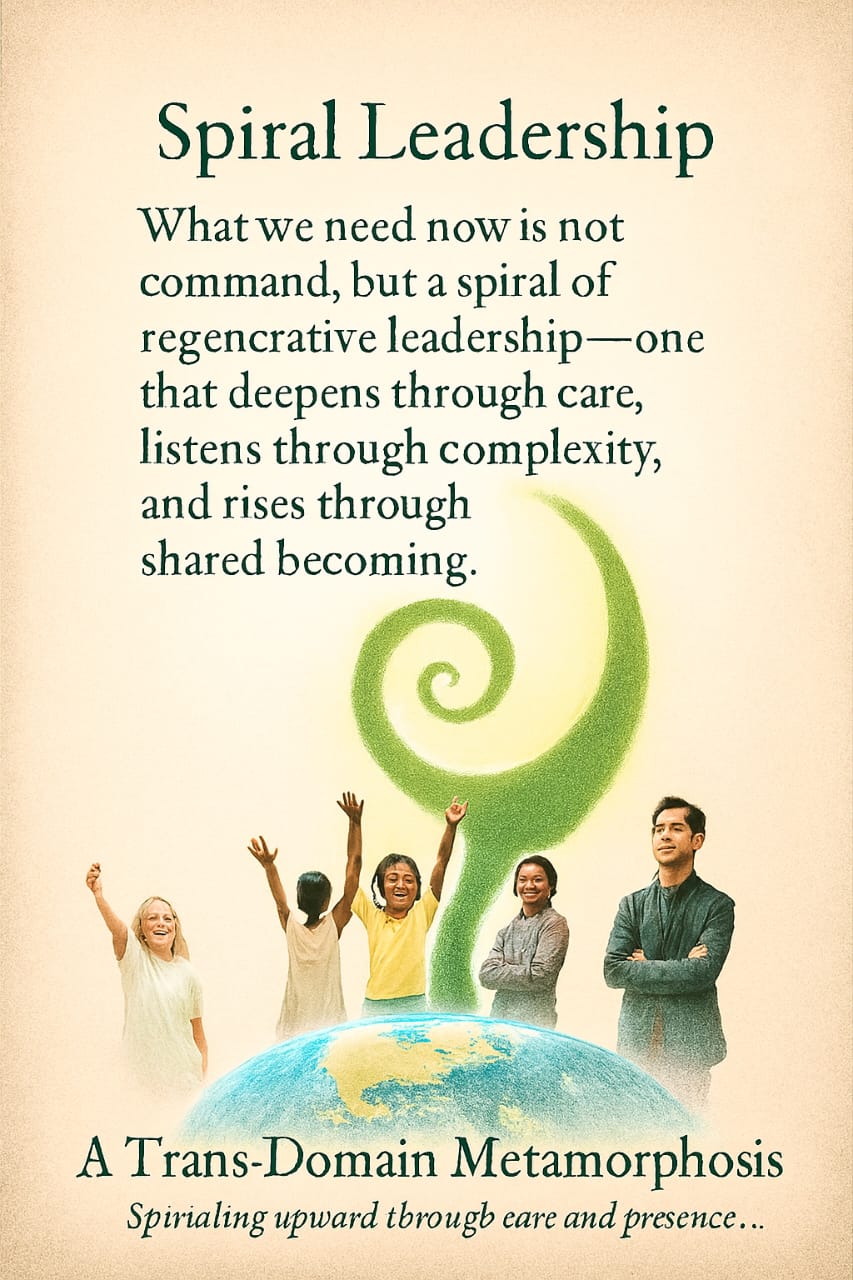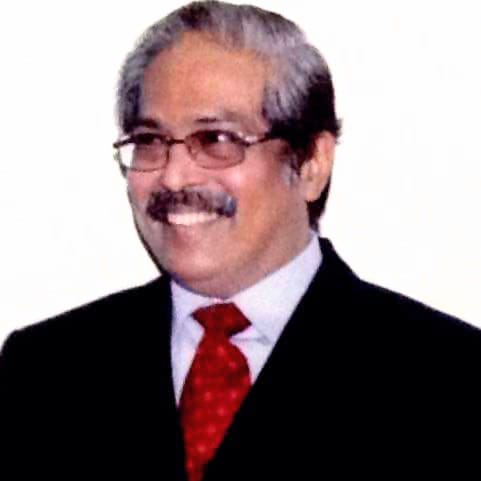This guest feature is authored by KB Kumar, a developmental educationist and trans-domain thinker whose work has quietly shaped pedagogical paradigms in many institutions across India and beyond. In this urgent reflection, Kumar calls for a radical reorientation of education — ‘not as a luxury of innovation, but as a sacred imperative’ for ecological and human survival. His voice is not loud, but it is irresistible. His is not a reform agenda —it is a rescue mission. The gentle luminary of systemic rebirth is making a passionate plea. For over two decades, Kumar has championed a vision of education rooted in eco-existential insight and bio-social intelligence, though he feels a consumerist society takes time to internalize THE TRUTH. His dictum: “If the head does not descend in humility to wed the heart, our education will degenerate into an existential disaster,” captures the soul of his philosophy.
EDUCATION AT THE EDGE
As the planet teeters on the brink of ecological collapse and geo-social fragmentation, a quiet but urgent call is rising from within the heart of education: reimagine, or risk extinction. This is not a reform agenda. It is not a cosmetic make-over: It is a rescue mission—for humanity, for the genetic memory of life, and for the living and non-living companions that make Earth habitable.
A NEW MANDATE FOR LEARNING:
The urgency is clear. From collapsing ecosystems to the commodification of knowledge, the conditions that sustain life are under siege. Education must now evolve—not as a luxury of innovation, but as a sanctuary of survival. It must become a seedbed for planetary renewal, ethical imagination, and systemic care. The fundamental process of competition, which ensures survival and sustenance in the animal kingdom, stands antithetical to the long-term health and survival of the human species. Unless ‘competition’ evolves into an ethos of ‘excellence,’ guided by a progressive awakening of human consciousness, it risks undermining the very conditions and spirit of evolution that make life purposefully enduring. Consciousness is not a byproduct of intellect: it is biology’s exclusive gift to humanity – to remain and progress as the most evolved.
If I quote my own words: “Short-sighted materialism, blind consumerism and cut-throat competition are partners in crime. They missile-attack simplicity, peace, environmental health and humanizing qualities. They make life miserable on beautiful Earth.”
Evolving to higher levels of consciousness is not a philosophical luxury—it is a biological responsibility. The human gene carries this mandate. Yet it is easy to “short-sight after immediate ego-needs. But if we do, we squander the evolutionary riches and make the world chaotic and morally devastated.”
This shift demands that education nurtures not just intellect, but insight and self-awareness. Not just achievement, but alignment. It must prepare learners to meet complexity with clarity, and to respond bio-social realities with compassion and thought.
Eco-spiritual systems thinking promises such a pathway. It begins not with curriculum, but with love, relevance and reverence. It sees learning as a sacred encounter with life itself—an act of humility, empathy, and planetary consciousness. In this framework, classrooms become living systems. Silence becomes fertile and eloquent. Dialogue becomes co-creation. Assessment becomes reflection for deeper, fundamental action.
This is education as stewardship. As care. As a quiet resistance to the forces that reduce life to metrics and markets, counter-productive to the evolution of bio-social intelligence and human consciousness.

TRANS-DOMAIN THINKING: Weaving Wholeness
Complementing this ecological ethos is trans-domain systems thinking—a framework that dissolves the artificial walls between disciplines. It does not erase difference but, weaves it into coherence. Science speaks to poetry. Economics listens to ethics. Mathematics finds rhythm in music.
The goal is not interdisciplinarity for its own sake, but the emergence of whole-systems insight or the Big-Picture-Vision. This is the kind of thinking needed to address complex crises—from climate change to genetic erosion—where no single discipline holds all the answers or has the essential eye-sight.
Trans-domain education prepares learners not just to specialize, but to synthesize and see beyond. Not just to compete, but to collaborate and dive in. It fosters the kind of intelligence that can hold paradox, navigate uncertainty, and act with ethical warmth.
LEADERSHIP ROOTED IN LISTENING
Together, these approaches require and offer a spiral of regenerative leadership—one that listens before it speaks, designs with care, and holds space for transformation to unfold. It is not about scaling models, but, about honouring rhythms. It flourishes in small gestures: a curriculum shaped by ecological metaphors, a classroom that welcomes silence and introspection, a teacher who models ethical solidarity, and contextual acumen. Such leadership should be marked by humility and systemic vision and empower educators to see themselves as stewards of collective becoming, not as instructors.
A CALL TO ACTION
This is a call to ministries, institutions, and educators across India and the world: the future will not be saved by louder voices or faster systems. It will be saved by those willing to re-sanctify learning, to re-root it in the soil of interdependence, and to reimagine it as a living, breathing act of care and mutuality.
The question is no longer whether we can afford to adopt eco-spiritual and trans-domain systems thinking. The question is whether we can afford not to.

